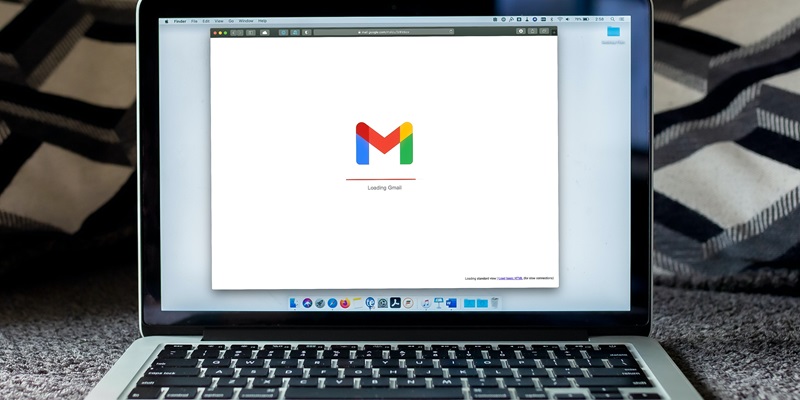In an effort to combat spam and maintain a revenue source from the inbox, Google and Yahoo will soon implement new requirements for bulk email senders. These guidelines primarily focus on three key areas: authentication of outgoing emails, reported spam rates, and the ability to easily unsubscribe from email lists. This comprehensive article will delve into the specifics of these requirements, their implications, and the necessary steps for email marketers to ensure compliance.
New Requirements for Bulk Email Senders
The new requirements set forth by Google and Yahoo aim to establish higher standards for bulk email senders. They define bulk senders as those who send more than 5,000 messages to Gmail addresses in a single day. Adhering to these requirements is vital for maintaining deliverability and avoiding potential restrictions.
Authentication Requirements
Email authentication plays a crucial role in establishing sender credibility and reducing the risk of fraudulent emails. Bulk senders are now required to set up three email authentication mechanisms: SPF (Sender Policy Framework), DKIM (DomainKeys Identified Mail), and DMARC (Domain-based Message Authentication, Reporting, and Conformance).
Reported Spam Rates
To maintain a healthy email ecosystem, bulk senders must keep their reported spam rate in Google Postmaster Tools below 0.10% and strive to avoid exceeding 0.30%. A high spam rate not only damages sender reputation but also significantly affects email deliverability.
Unsubscribe Functions
In an effort to enhance the user experience and comply with email regulations, bulk senders are now required to implement one-click unsubscribe functions for marketing messages and other subscribed emails. This feature gives recipients the ability to easily opt out of future communications, promoting transparency and user control.
Impact on Experienced Email Marketers
For experienced email marketers who are already well-versed in authentication practices and adhere to best email practices, these requirements should not be a cause for major concern. However, staying updated and ensuring compliance is still essential to maintain deliverability and avoid penalties.
Domain-Level Application
It is important to note that these requirements apply at the domain level, meaning they are applicable to all emails sent by an organization using the domain, not just marketing emails. This broad scope emphasizes the need for comprehensive compliance across all email communications.
Sales and Marketing Partnership
Navigating the new requirements successfully requires a strong partnership between sales and marketing teams. Close collaboration is vital for implementing the necessary authentication mechanisms, monitoring spam rates, and ensuring compliance while maintaining effective email marketing strategies.
The motivation behind these new requirements is twofold. Firstly, combating spam remains a top priority for both Google and Yahoo, as an influx of spam compromises user experience and trust in their platforms. Secondly, maintaining the inbox as a revenue source necessitates a quality email ecosystem, ensuring that legitimate and relevant emails reach users effectively.
Understanding and complying with the new requirements for bulk email senders set by Google and Yahoo is crucial for email marketers. By focusing on authentication, reported spam rates, and implementing one-click unsubscribe functions, email marketers can enhance the user experience, maintain deliverability, and safeguard their organizations’ sender reputation. Staying informed, collaborating across teams, and regularly evaluating email practices will empower email marketers to successfully adapt to these new requirements, maintaining a healthy and effective email marketing strategy.

